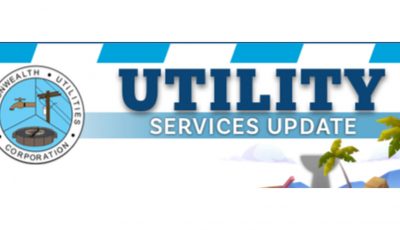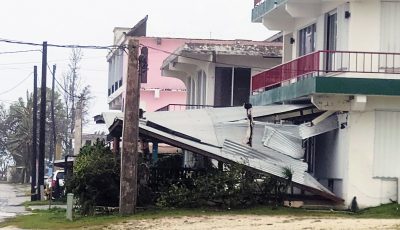The net metering debate
Forty-four states have some form of net metering and four U.S. territories and luckily Guam and the CNMI are in this group. Net metering policies allow distributed generation customers to sell excess electricity to a utility at a retail rate and receive credit on their utility bill. This credit offsets the customer’s electricity consumption during other times of the day or year, thereby reducing the amount of electricity that a customer purchases from a utility. The net metering debate between the utilities and the renewable energy Industry has always been that solar energy customers are unfairly taking advantage of the utility grid without paying their fair share of the infrastructure of the transmission and distribution lines that the utility has to maintain during the night time use that solar customers are now taking the energy back from the utility. Is this a legitimate argument well yes and no. Do solar energy customers take the energy from the utility at night yes, but how about the energy that was given to the utility during day time use for the utility to use at the closest point of distribution that the solar energy customer generated that the utility did not have to generate. What is the true value for solar energy? This has been a debate that has been going on now for over 10 years. By the time this debate is finally settled between a 100-year-old industry and an emerging one, I feel it won’t be a debate any longer.
As we venture down the solar energy industry road, batteries at least at a distributed generation level are becoming mainstream. There are companies on our island that offer battery systems for direct purchase and under power purchase agreements. These new systems offer high functionality inverters that have multi-level controls that can distribute the energy back to the grid or keep the energy for night time use or enabling the customer to have critical load energy during black outs and storms. The industry is changing and it is changing fast. Imagine multiple houses with their own power plants not needing the utilities energy anymore this isn’t only possible it’s a reality. This is a game-changer for the solar energy industry and for our island. Imagine a 12KW solar energy system on your house with energy storage, a typhoon hits the island the utility goes down and you still have power, this is ground breaking technology and it’s here now. As technology advances in the solar energy industry it reminds me of the telecom industry, how this industry has changed over the last 20 years is night and day and the smart companies embraced the cell phone technology and got us to where we are today, this is where the energy industry is now and its changing quicker than anyone thought possible. The future has arrived.




























